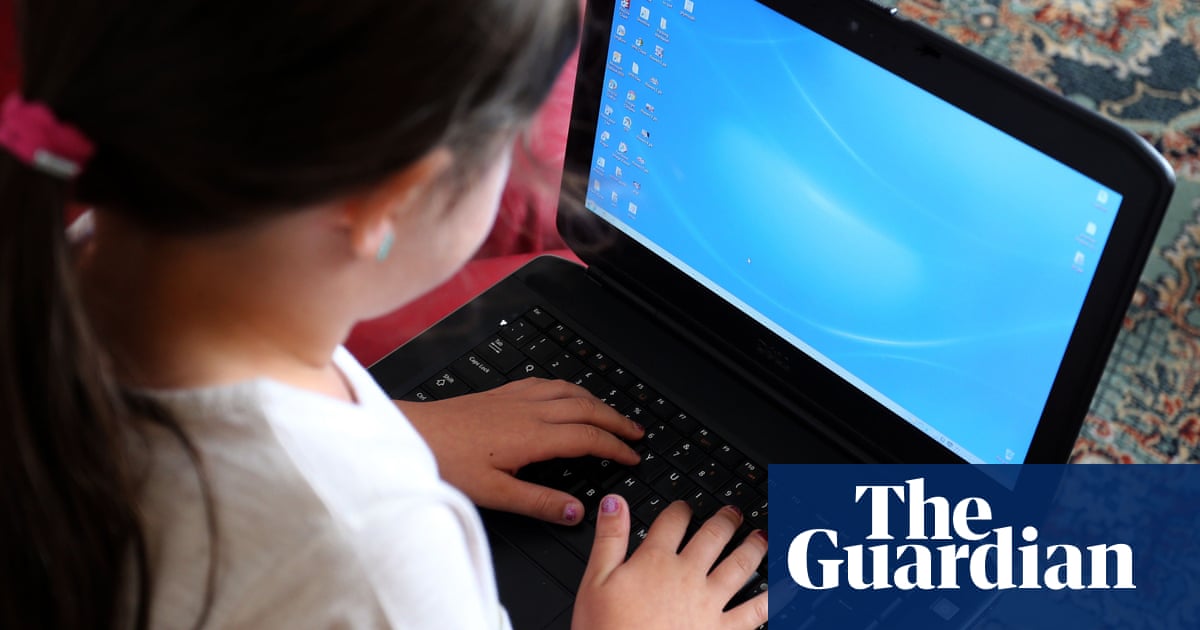
Almost half of Spanish families pay for private classes for their children, but while richer households invest in “widening and perfecting” their offspring’s knowledge, poorer ones pay to help “repeat and reinforce” what their children learn at school, according to a thinktank report.
The study, produced by the Esade Centre for Economic Policy and titled Shadow Education in Spain, shows that €1.7bn (£1.5bn) was spent on private lessons between 2019 and 2020, with 47% of households with school-age children shelling out for them.
Languages – especially English – account for 46% of all private classes and remain the number one priority for Spanish families who pay for private lessons. The more money a family has, the more it will spend on private language classes, regardless of the kind of education it chooses for its children.
However, the report lays bare a series of socioeconomic inequalities when it comes to how much is spent – and to what ends.
Families with children in state education accounted for almost two-thirds of the total spent on private lessons, with those with children at private and semi-private schools (concertados) making up the remainder. But while families of state schoolchildren spent an average of €235 on private classes per student, that figure rose to €300 for those in concertado education and €606 for those in fully private education.
“As well as these differences in spending per student, the most noticeable difference in spending patterns between the different kinds of educational centre was in the proportion spent on private classes on key elements of the school curriculum, which we identify as classes to repeat and reinforce,” the authors write.
“While those classes are practically nonexistent among private school students, they account for 30% for private classes for concertado students and 40% of private classes for state school students.”
According to the report, the money spent in Spain on “widening and perfecting” children’s education is in line with a global trend – already seen in Europe but particularly notable in Asia – towards ensuring that they are equipped with “a competitive advantage” when it comes to getting into elite institutions.
The authors say that hypothesis is backed up by the fact that the richest households spend the most on private language and arts classes.
The report, which notes that private classes have grown “in an unstoppable fashion” so far this century, said a variety of conclusions could be drawn from their continuing proliferation.
“As a whole, a greater weighting in private classes towards widening, perfecting and enriching languages and arts should be read as indicative of a greater will among parents to increase their children’s learning opportunities,” it said.
“But there will also be those who attribute it to a discontent or dissatisfaction with the quality, or perhaps rather the quantity, of learning opportunities within the school curriculum when it comes to both languages and arts.”
Despite noting that education departments in different countries had used supplementary lessons to make up some of the academic progress lost during the Covid pandemic, the report warned that “school systems will have to compete with shadow education if they want to ensure they don’t lose public funding over the medium term”.
The key to stopping shadow education becoming the norm, the authors say, is to reduce demand for it by building more public confidence in state schools and teachers. They suggest policies to address the factors driving the demand, such as “unjustifiably high rates of failure and repeating” and highly competitive exams.
“Furthermore, reforms are needed when it comes to the certification of learning, and personal and professional orientation, as well as an increase in educational subjects that turn schooling into a race that everyone can find their own way of winning.”












